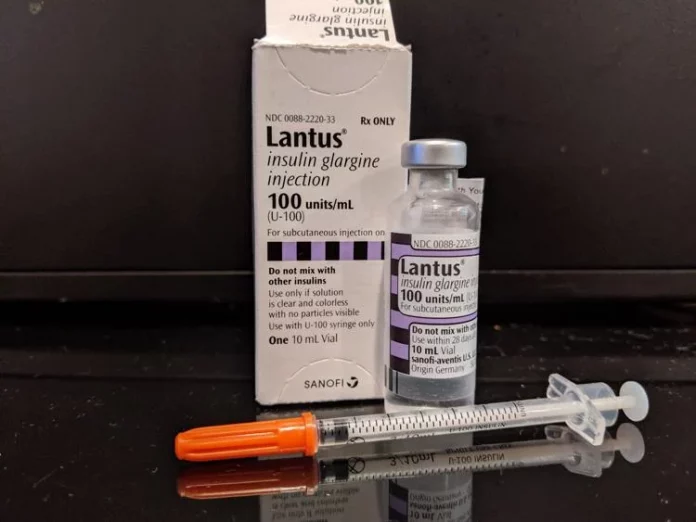As we move through National Kidney Month, we should keep focused on one of the worst kidney diseases out there: diabetes. Millions of American diabetic patients require regular treatment with insulin, and the prices for many types of insulin can be quite high. In response, President Joe Biden announced in his State of the Union speech that he would be working on capping the price of insulin at $35 per month for everyone.
Those of you in the field may have been jolted by this choice of pricing, because the Trump Administration set that exact same dollar amount, $35, on insulin for Medicare patients under a Part D voluntary model in 2020. Now, that was not the only attempt in 2020 to lower insulin costs. Community health centers were also required to provide insulin at near cost to their patients. This requirement on community health centers was overturned by the Biden Administration less than six months ago, and now community health centers are under no such requirement. So, the Administration seems to be going one step forward, one step back on this issue of lowering insulin costs for patients.
The details are, naturally, lacking on what exactly President Biden meant by this national price cap on insulin. In this light, it is worth noting that President Biden seems to be following a proposal by Senator Raphael Warnock, which would fix the price of insulin at $35 nationwide, including by private insurers. This legislative proposal is just one of many out now discussing setting fixed prices. Indeed, setting fixed prices on goods seems to be in the air, as it was during the last period of painfully high inflation, the 1970s. When prices are rising quickly, as now for the first time in decades, people instinctively wish for prices to return to stability and think maybe the solution is just to pass a law fixing prices by force.
But in debating the issues on insulin pricing, what is often little understood is that there are different kinds of insulin and that these kinds of insulin have wildly different costs. Certain insulins have been engineered to have significant advantages over others and are often much higher-priced. Much effort and ingenuity have been put into developing these new varieties of insulin, and all that effort has come at a cost. In addition, fixing insulin prices nationally may undermine the current system of private negotiations and the progress towards more and better generics. And will the $35 solution offered be the oldest and cheapest, and not necessarily the best, insulin?
Now, everyone wants diabetes patients to have access to useful insulin to help them live longer, healthier lives. There is no “anti-access” lobby trying to prevent patients from obtaining medicine. The question is, as it usually is: How? How best to obtain and keep access to ever-better medical goods and services? Is fixing prices for goods nationally the best way to do so? Or, on the contrary, will this action slow continuing research and development into medical solutions in this area? If fixing prices is likely to slow or stop progress in this area, are we so satisfied with the current state of the insulins we have that we have agreed not to progress, and that the diabetic patients needing insulin now have the best solution they ever will?
Anyone looking to balance current needs with future ones needs to balance access now with access tomorrow. We do need to use the technologies we currently have to help our citizens. Otherwise, why have them? But at the same time, we must realize that the tools we have now are not perfect, and we can do better. That realization must drive us to make sure that our system continues to drive towards better solutions, including ever-better technologies. While the cost of drugs is high, the cost of fixing the price of drugs may be higher still.
Eric D. Hargan ( @EricDHargan ) founded the Hargan Group and was the deputy secretary of the Department of Health and Human Services after serving as acting secretary.
Republished with the permission of The Center Square.














